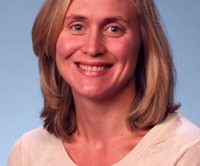Rheumatology Board Meeting Summary | Spring 2025
ABIM
APRIL 24, 2025
Dave, MD, MPH , inquired how stressors may contribute to candidates failing the certification examination and Dr. McDonald stated that knowledge gaps were the primary cause, though ABIM provides safeguards to reduce stress like grace periods and consideration of compassionate exemptions for extraordinary life circumstances.












Let's personalize your content